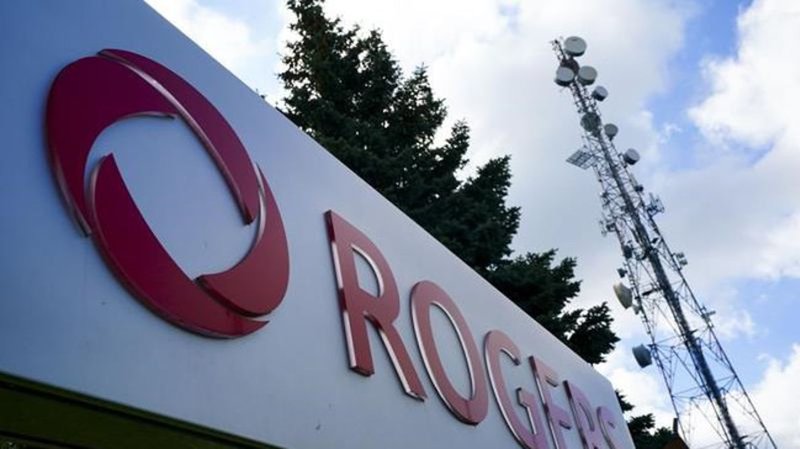
CRTC needs to do a better job regulating telecoms, experts say
OTTAWA — The recent Rogers outage has spurred a flurry of policy recommendations from experts and elected officials, including legislation that would recognize telecommunication services as essential public ones, but experts say much of the responsibility to act falls on the federal telecom regulator.
The July 8 Rogers outage, which left over 12 million Canadians in a communications blackout and affected access to 911 emergency services, prompted the House of Commons industry committee to hold hearings. Rogers executives, Industry Minister François-Philippe Champagne, and Canadian Radio-television and Telecommunications Commission officials were among the witnesses who testified on Monday.
During the hearings, MPs searched for solutions, including whether more laws were needed to ensure telecom services were regulated like public utilities.
“This is obviously an essential service,” said New Democrat MP Brian Masse. “Why not a telecom bill of rights?”


